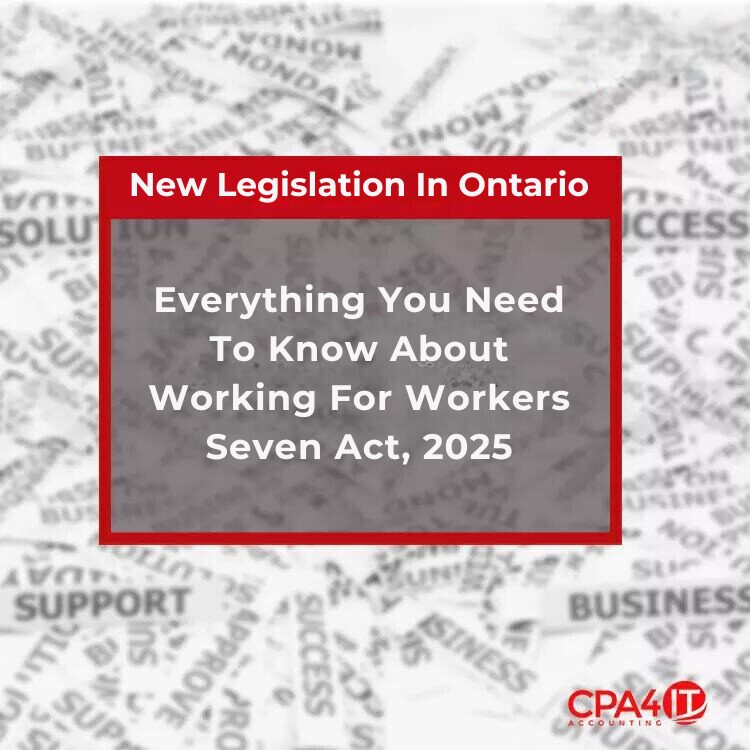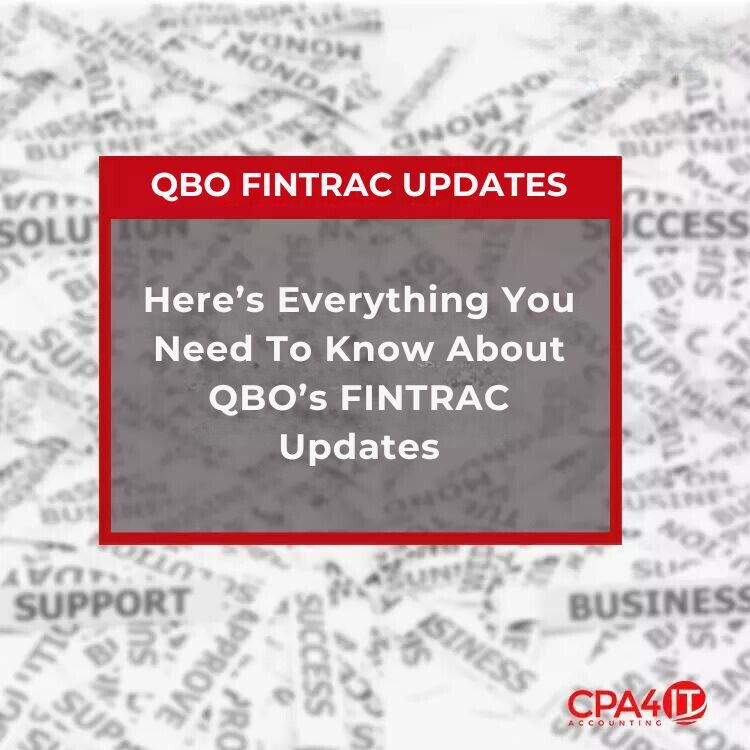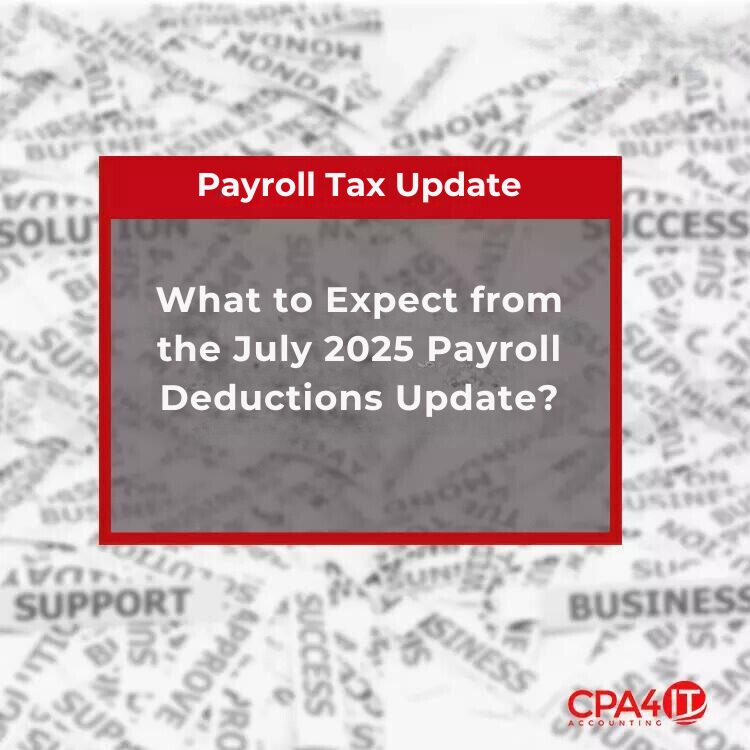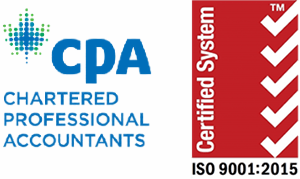The Canada Revenue Agency (CRA) has escalated its approach towards independent contractors with recent communications. Initially, the CRA merely suggested that certain corporations might be classified as Personal Services Businesses (PSBs). However, their latest letters now assert that these corporations are indeed PSBs, and they express a desire to further discuss this classification over a phone call with the contractors. It’s crucial to understand that engaging in such discussions without proper preparation could be disadvantageous. Speaking directly to the CRA on this matter without expert guidance can inadvertently solidify their position. Therefore, it is essential to consult with an experienced accountant before responding to or discussing anything over the phone with the CRA. This is where we can help!
Have You Received This Letter? We Can Help!
If you’ve received this letter then don’t worry, we are here to help! With over four decades of experience, CPA4IT has been helping independent contractors avoid the Personal Service Business reclassification. We have never lost a major tax audit case over 40 years of service! Our experts are equipped with the necessary knowledge of tax law and court cases to defend your rights as an independent contractor. If you would like to learn more about how we can help, book a FREE consultation with one of experts today!
What Does The CRA Letter Say?
This letter asserts that your corporation is classified as a Personal Services Business (PSB), rather than merely suggesting it as before. The CRA is seeking to discuss this matter further over a phone call. It is imperative that you do not engage in this discussion without first consulting with an accountant who specializes in PSB cases.
Importance Of Understanding The Difference Between Employee & Independent Contractor
Before we discuss the top 10 strategies to mitigate PSB/PSC risk, it is important to understand the difference between an employee and an independent contractor. The Canada Revenue Agency (CRA) has a helpful guide listed as CRA Guide RC4011, which breaks down the differences between these two statuses. It can be a very useful resource to understand the CRA’s perspective on this matter.
Top 10 Strategies To Mitigate PSB/PSC Risk
1. Strong, Clear and Correctly Worded Written Contract
Written contracts have been given significant importance by Tax Court judges. Landmark Wiebe Door tax court case criteria should be used for basis of contract. You should have your own lawyer review the written contract, and you should use a lawyer experienced with the tax issues involved.
2. Work Relationship Conduct must support the Contract
The actual working relationship experience must not contradict any of the written contract terms. Ensure that there are many significant working relationship differences between yourself and the employees of your client.
3. Limit Contract Length
Limit written contract terms to a maximum of 6-12 months, and consider avoiding multi-year renewals/relationships with the same client.
4. Diversify Your Client Base
Consider avoiding always having one client be 100% of your revenue, i.e., even some part-time clients that account for 10% to 20% of your revenue is preferable. It also makes good business/economic sense to always have more than one client/revenue source.
5. Implement Asset Protection Strategies
Creative and pro-active asset protection strategies should be utilized to protect yourself from CRA and also any other similar “attacks” on your finances, i.e. lawsuits. Such strategies range from simply ensuring that major financial assets (i.e. personal residence, RRSP’s) are kept in only the name of the low risk spouse, to more complex asset protection strategies.
6. Control Your Work
Although the client can specify results and deadlines, you should control the method and manner of work to achieve those results. For example, if you hire a painter to paint your house, you would provide the deadline and the colour choice and they would determine the process.
7. Get Liability Insurance
It’s important to assess your risk and consider coverage because, as an independent contractor, you don’t have the financial resources of a big company to back you up in the event of a client lawsuit.
8. Build a Professional Profile
Websites are not limited to small and large corporations. They prove beneficial for contractors / freelancers alike as they serve as a method of promotion for who you are and the services you offer. Have your own business cards and avoid having a business card with the client’s name on it and avoid appearing on the client’s internal telephone list. That makes you look more an integrated part of the company and less like an outside consultant or contractor.
9. Your Company’s Name Should Reflect Your Services
Ask yourself when you last did business with a company named 123456 Ontario Ltd. Name your company appropriately. Numbered companies are good for holding companies not for operating companies.
10. Hire Experienced Professionals to Represent You
If you do not understand the language and implications of the personal service business (PSB) risk, it is very easy to expose yourself to risk.
Support and Resources For Independent Contractors
Our firm offers unique tools and services to support independent contractors in minimizing risk related to personal service business assessments and employment law issues. These include:
- Audit Representation Protection: We provide representation at no additional cost if you are assessed, ensuring you have access to knowledgeable resources without financial burden.
- Personal Service Business Protection: It is extremely important to protect yourself from being classified as a Personal Services Business (PSB) by the Canada Revenue Agency (CRA). Fortunately for our clients, at CPA4IT we have the knowledge and expertise to ensure that your business is taxed as a small business and not a PSB.







